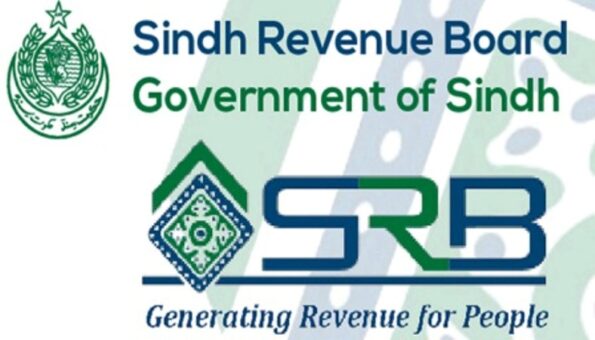KARACHI: Karachi Chamber of Commerce and Industry (KCCI) has demanded the terminal operators to make public the container charges.
Agha Shahab Ahmed Khan, President, KCCI while referring to numerous complaints submitted at the Chamber by the importers, urged the Terminal Operators and Shipping Agents to publicize Full Container Load (FCL) and Less Than Container Load (LCL) charges on their websites in order to facilitate trade and industry.
It has been observed that terminal operators and shipping agents do not share the breakup of charges even on demand and seek aggregate amount decided whimsically which was highly unfair as the relevant traders are totally unaware of what exactly was being charged under what label.
“Access to such information is the fundamental right and a fair demand of the importers who are carrying out legitimate businesses and timely paying all their taxes”, he said, adding that the Ministry of Maritime Affairs must look into this issue and order the Terminal Operators and Shipping Agents to share breakup of charges with importers which would certainly be appreciated by the business community.
Agha Shahab was of the opinion that Pakistan’s sea port charges were one of the highest in the South Asian region which discourage cost efficient shipping lines from taking cargo to and from Pakistan resulting in a demand/supply gap and higher transportation costs for the traders.
“As per studies conducted earlier, Karachi’s two ports have charges which are estimated to be three times that of Sri Lanka’s, and seven times that of Singapore. Such problems should be addressed at the earliest, if we want to see Pakistan rapidly become a hub of regional trade”, he added.
He said that the business community faces inconsistency in the charges of shipping companies, thus making costing and forecasting difficult for businessmen.
Shipping lines are charging exorbitant charges in the name of free competitive rates and loose cargo landing delivery orders.
“In addition, high port charges are being charged as there is no fixed policy in this regard. This is adversely affecting the business in terms of flow thus creating a negative impact for the business community,” he added.
He stressed that the charges of KICT, PICT and QICT are too high in comparison with global standards and need to be reduced.
“There is a need to increase the time of free days of delivery order and detention charges of containers to 21 days and detention slab of not more than $5 per day after 21 days by the shipping companies. The number of demurrage free days should also be increased to around 10 days,” he added.








